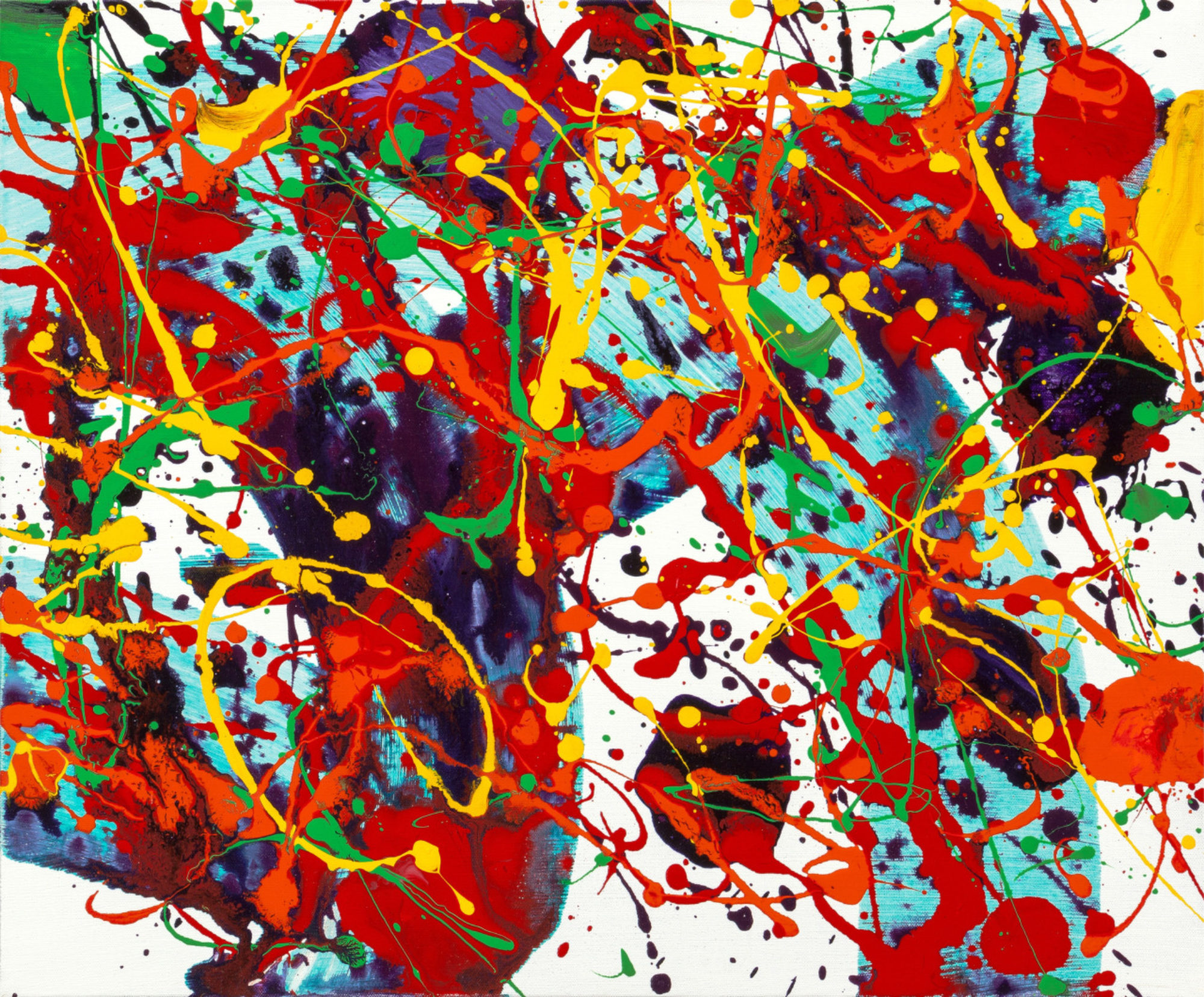Confession, for a few thousand years now, has consisted of entering a closet with a screened window, and telling a stranger with some type of moral/religious authority your sins. But like many things established in religious practice, this form of confession wasn’t explicit in the Bible. The origin of confession in the religious practice comes from the Epistle of St. James: “Confess your sins to one another”. This was then taken to mean, confess to your priest, who, appointed by God, can forgive you of your sins, so you can go to heaven. But I think the original message is much more important than the way it was co-opted as a form of authority and religion, strictly for the gain of an eternal afterlife after you die. What about right now?
I found this origin of confession in a throwaway line in a book on philosophy. While doing a quick check for accuracy, I found the wording a bit different, but the same message: “Confess therefore your sins one to another”. But, directly below that came a footnote from someone else, I’m assuming much, much later:
Confess your sins one to another… That is, to the priests
of the church, whom he had ordered to be called
for, and brought in to the sick; moreover, to confess to
persons who had no power to forgive sins, would be useless.
Hm. This person seems to say that without the promised afterlife you “win” through confession, the act would be pointless. But why the hell should a pure and noble act, admitting our mistakes, be re-purposed solely as a gesture to purchase real estate in a place no one can guarantee exists? Aren’t there good qualities to admitting wrongdoing that could change our lives now, as we live them?
I think so. In the last 3 years, I’ve found that the act of ‘confessing’, to ourselves, to one another, to the people we care about, is an incredibly freeing, valuable, essential exercise.
Calling it confession might weird you out because of the overtones. I didn’t think of it as confession when originally recognizing and thinking about this topic, but confession seemed like an interesting, historical parallel to enter through. The concept’s been around for ages. In our own lives and the way we might practice it though, I think it can more aptly be described as being vulnerable, and sharing your vulnerabilities. Sean and I have tried practicing this through these essays, which can be very freeing to write. Dumping out your inner thoughts and secrets is liberating, and you might end up finding out more than you even knew about yourself. Sharing them online is scary; I’m admitting things I don’t like about myself or past self, and posting them online for anyone to see. But it’s still removed from face to face human interaction. That’s a whole different ballgame, and one we experimented with during our ‘porch sessions’.
